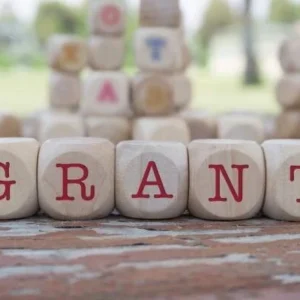The UN’s Independent International Fact-Finding Mission for Sudan has strongly condemned a deadly drone strike on the Al-Safiya Mosque and nearby homes in El Fasher, North Darfur, carried out on 19 September, allegedly by the Rapid Support Forces (RSF). The Mission highlighted the urgent need to protect civilians, warning that El Fasher remains under siege and at high risk of further attacks. The strike, which occurred during dawn prayers, reportedly killed at least 75 worshippers, including children, and injured many others, marking the most devastating assault on religious sites in Sudan’s ongoing conflict.
Mohamed Chande Othman, Chair of the Fact-Finding Mission, emphasized that targeting civilians in places of worship represents a blatant violation of fundamental international law and called for accountability for those responsible. The Mission’s report to the Human Rights Council on 8 September documented credible allegations of similar attacks on other religious sites by both warring parties, including shelling of churches in El Fasher by the RSF and attacks on mosques and a Baptist church in Wad Madani and Khartoum by the Sudanese Armed Forces.
Mission experts highlighted that places of worship should remain sanctuaries, not targets, and that such strikes exacerbate the trauma of communities already affected by starvation, displacement, and sexual violence. They noted that attacks on cultural property and religious sites constitute serious violations of international humanitarian and human rights law and may amount to war crimes when these sites are not legitimate military objectives. Responsibility lies with the attacking party to justify any military rationale.
Mona Rishmawi, an expert member of the Mission, stressed that Sudan’s religious and cultural heritage forms an integral part of its national identity, and deliberate attacks on mosques, churches, and cultural sites threaten to erase this shared heritage. The Fact-Finding Mission reaffirmed its commitment to investigating these acts and pursuing accountability, referencing precedents from the International Criminal Court condemning intentional destruction of religious and cultural sites in other conflicts.
The Mission called for immediate and concrete measures by all parties to protect civilians and safeguard religious and cultural buildings, warning that delays in action would result in further bloodshed. Othman emphasized that justice and civilian protection demand urgent intervention.







